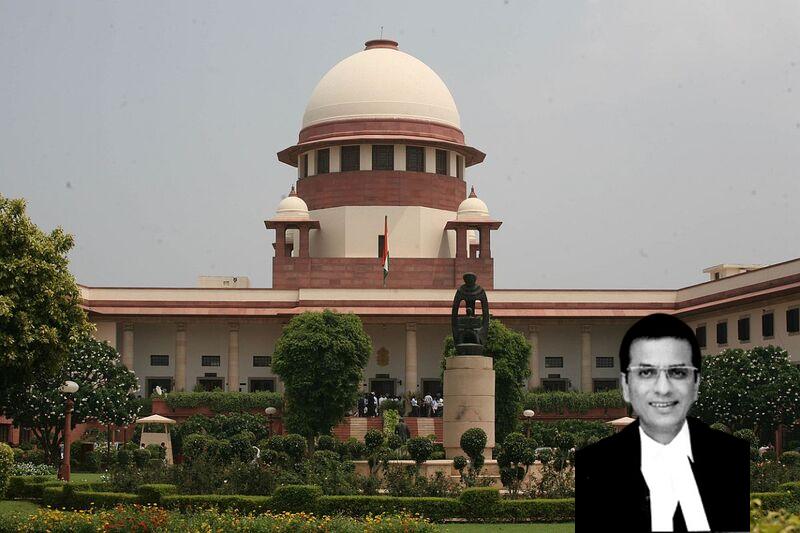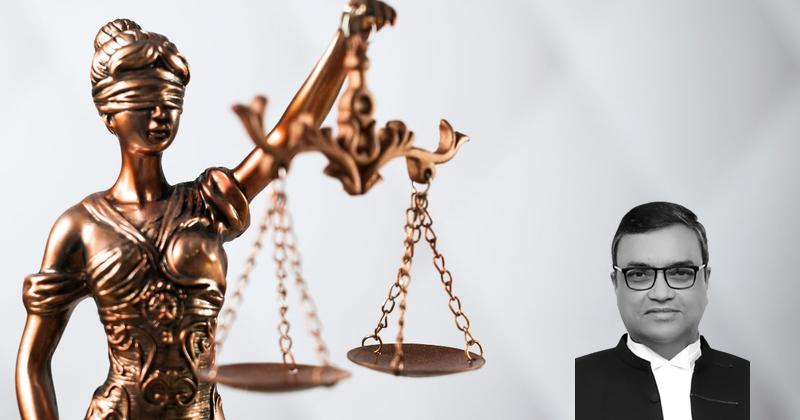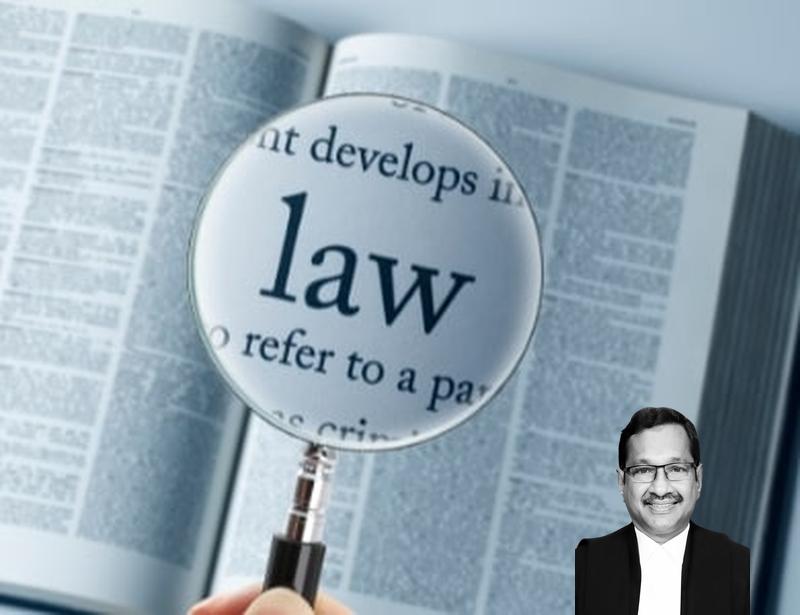413-DBA of 2001 and 909-SB of 1999 along with Criminal Revision No 134 of 2000, wherein the Division Bench partly allowed the appeal filed by the accused persons; whereby Jora Singh (Accused No 1), father of the appellant herein was acquitted of the charge under Section 304-B of the Indian Penal Code, 1860 (“IPC” for short) and the conviction and sentence qua the appellant herein rendered by the learned 2 court of Mrs. It is further the prosecution case that, succumbing to the demands of the appellant, the parents of the deceased paid Rs.20,000/- to the appellant in cash and in 1990, they gave a scooter and gold ornaments weighing 2.5-3 tolas to the 3 appellant. According to the prosecution allegations, Pavitar Singh (PW-3), brother of the deceased had come to see the deceased at her matrimonial home in village Chatha about 3 to 4 days prior to the Diwali of 1991 when the deceased had informed him about the demand for dowry being made by the appellant and his family.
Thereupon, Pavitar Singh (PW-3), Randhir Singh (PW-4) and cousin Gur Raj Singh reached the Daya Nand Medical College and Hospital, Ludhiana (hereinafter referred to as “DMC, Ludhiana”) where the deceased was admitted and lay unconscious. Jatinder Pal Singh (PW-8) gave his opinion (Ex. P.E./1) was recorded based on the said statement of the deceased against Jora Singh, father-in-law of the deceased, appellant herein and Dhan Kaur, mother-in-law of the deceased, for the offences punishable under Sections 498- A, 307, 406 and 34 of IPC. Thereafter, the accused persons were examined under Section 313 of the Code of Criminal Procedure, 1973 (“Cr.P.C.” for short). 2.5 Being aggrieved thereby, the accused persons preferred an appeal before the High Court with regards to the conviction and sentence awarded by the learned trial court; whereas, the State of Haryana and Pavitar Singh (PW-3) also filed their respective appeals before the High Court with regards to the acquittal of the accused persons for the charge under Section 302 of IPC.
We have heard Shri Rajul Bhargav, learned Senior Counsel appearing on behalf of the appellant and Shri Samar Vijay Singh, learned counsel appearing on behalf of the State. Shri Bhargav submitted that the trial court as well as the High Court has grossly erred in convicting the appellant. The learned Senior Counsel therefore submits that the subsequent dying declaration, which is recorded after 3-4 days of the accident, could not have been relied on by the courts. He submitted that even if the evidence of the relatives of the deceased is taken on face value, it would not show that there was any harassment to the deceased on account of non-fulfillment of demand of dowry. In the present case, the dying declaration is recorded by Shri Sadhu Singh (PW-5), Executive Magistrate. The dying declaration recorded by Shri Sadhu Singh (PW-5), Executive Magistrate, the deceased is said to have stated that on 5 November 1991 at around 12.00 noon, her husband Phulel Singh, i.e., the appellant herein, Jora Singh, father-in-law and Dhan Kaur, mother-in-law caught hold of her. Jatinder Pal Singh (PW-8), in his deposition itself, states that Shri Sadhu Singh (PW-5), Executive Magistrate had recorded the dying declaration of the deceased on 8 November 1991 at 04.40 p.m. The most glaring aspect that is required to be considered is that the High Court itself has disbelieved the dying declaration insofar as Jora Singh, father-in-law of the deceased is concerned.
He 14 has further stated that the higher authorities that is Shri Sukhdev Singh, DSP and Shri Rajinder Singh, SHO had verified the investigation conducted by him and found the same as correct and agreed with his conclusions. However, he also does not state that he was informed by Randhir Singh (PW-4), father of the deceased that the deceased was meted out to any harassment on account of non-fulfillment of demand of dowry. Pending application(s), if any, shall stand disposed of in the above terms.



